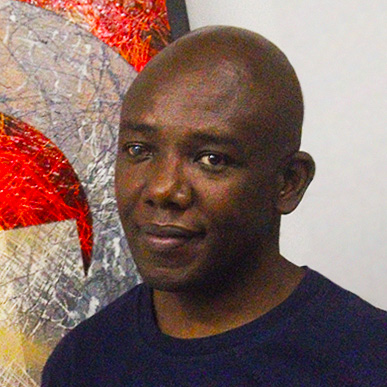Sanya Osha: Kwasi Wiredu and the question of decolonisation


HUMA Doctoral Seminar Series
The question of decolonisation in Africa has been problematised in different ways within a broad range of disciplines such as literature, postcolonial theory, history, politics, philosophy, sociology, science and, more recently, decolonial analysis. Indeed, currently, the discourse of decoloniality and forms of decolonial critique are immensely popular. Kwasi Wiredu, the Ghanaian philosopher who passed on earlier this year, grappled with a theory of conceptual decolonisation with often remarkable inventiveness. Nonetheless, his approach has also elicited criticism and scepticism in some quarters. This presentation seeks to address Wiredu's academic accomplishments and legacy.

About the speaker: Sanya Osha holds a PhD in Philosophy and has taught the discipline at universities for more than a decade. He has published extensively on anthropology, cultural studies, knowledge systems of Africa, the politics of the West African region, and the sociopolitical and cultural realities of Southern Africa.
He has undertaken extensive research on the discursive status of African systems of knowledge. He also spent a decade studying and teaching the sociological and political aspects of innovation studies. As an academic, he has held research positions at Smith College in the USA, the University of Groningen and the African Studies Centre in the Netherlands, and in South Africa at the University of KwaZulu-Natal, the University of South Africa, and the Africa Institute for South Africa. At HUMA – the Institute for Humanities in Africa, he works on various aspects of the "On Being Human" project and strengthens the publications arm and profile of the institute. He is the author of several books, including Postethnophilosophy (Brill, 2011) and Ken Saro-Wiwa's Shadow (Expanded Edition): Politics, Nationalism and the Ogoni Protest Movement (Cambridge Scholars Publishing, 2021).